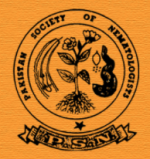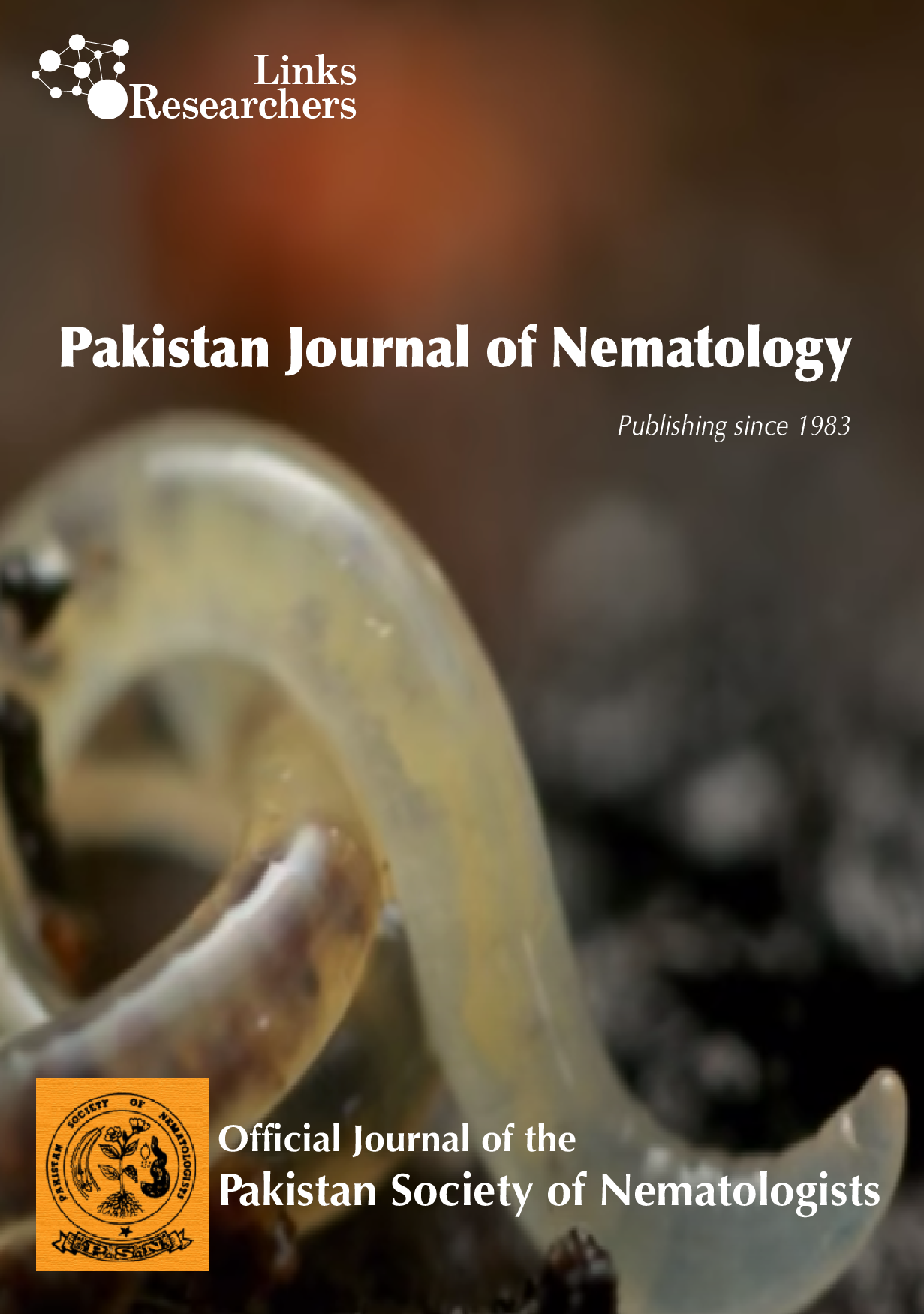A bioassay study was conducted to confirm the effect of different time intervals on the degradation of M. javanica
females cadavers filled with of P. penetrans endospores, release and dispersal in the soil. Three time intervals, of
one week, two weeks and three weeks were allowed to observe the degradation of infected female cadavers and the
dispersal of released endospores. The hypothesis of this experiment was that, the spores of P. penetrans contained in
M. javanica females that have been placed in soil would be released as the cadavers decompose and would attach to
fresh J2s added to the soil. A very highly significant difference was observed between the treatments as compared to
control treatments of both crop cycles. The bioassay revealed a significant decrease in the total number of second
stage juveniles from 50 g of the soil samples from second crop than the first crop soil samples. Three weeks duration
allowed more endospores as compared to one week and two weeks treatment.





